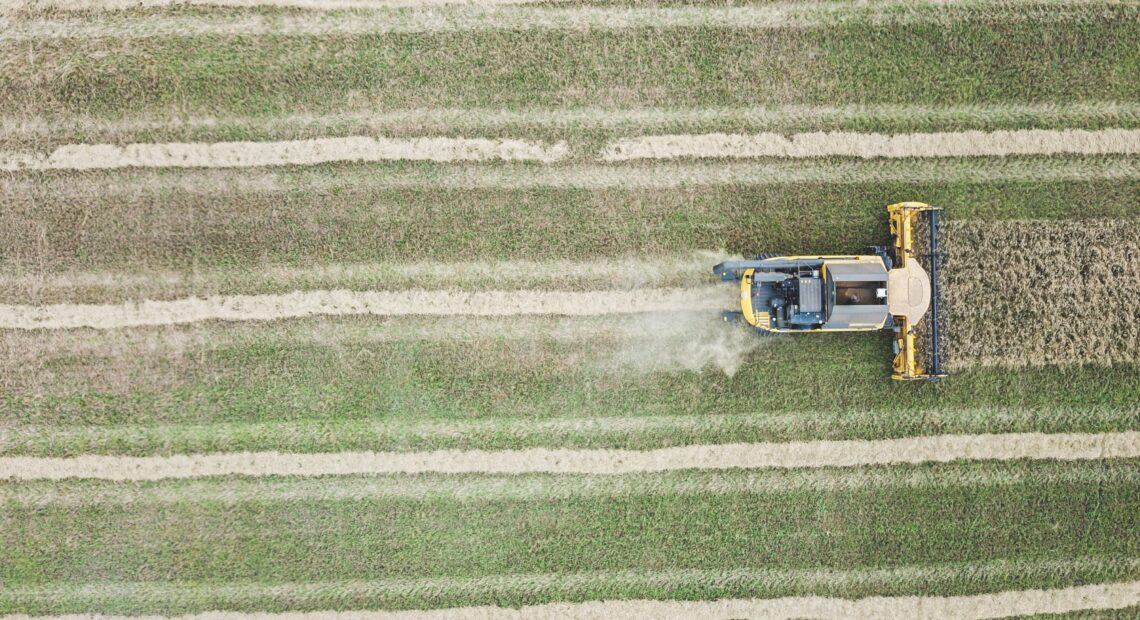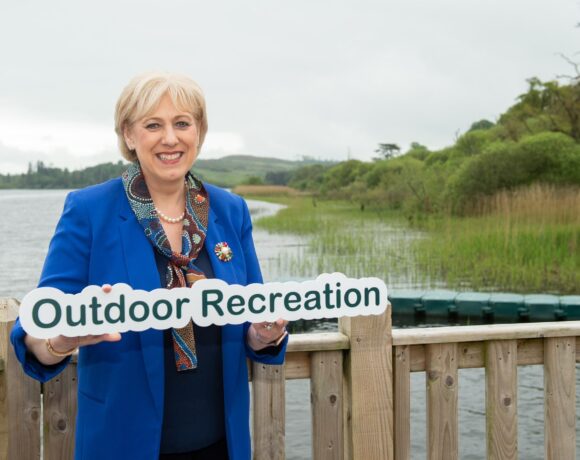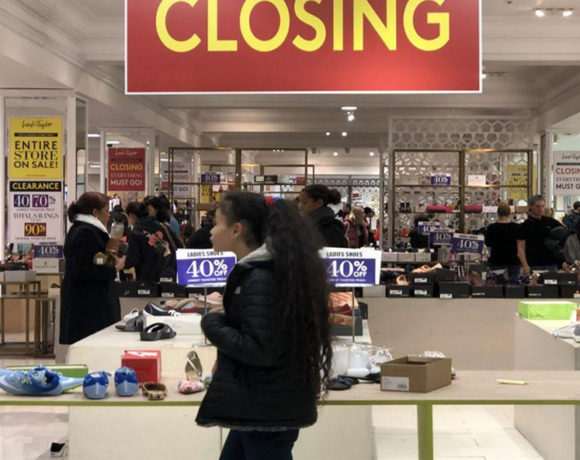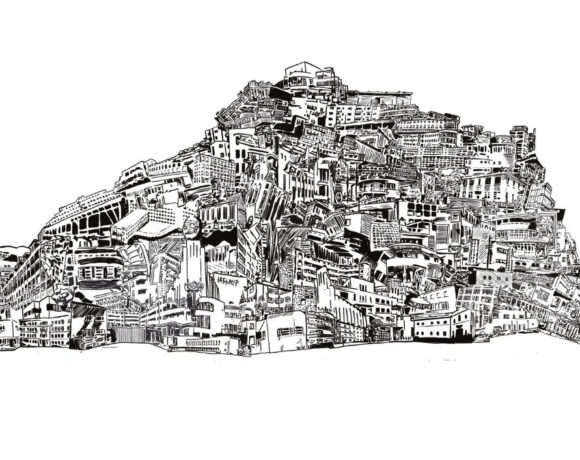The agriculture sector has room to improve and could feasibly reduce agri-emissions by up to 30% by employing emerging technologies, according to Frank Mitloehner, professor and air quality specialist.
Mitloehner said departure from business as usual will be required along with farmers embracing innovation and the adoption of new technologies.
However, he told a recent Oireachtas committee meeting, “those things have never been obstacles to those looking to improve their operations.”
Speaking at the Energy and Farm Business Show at Gurteen College in Co. Tipperary, James Maloney of Enterprise Ireland said that Ireland doesn’t “really have a lot of choice” in whether or not it accelerates agricultural technology adoption to facilitate sustainable farming. He said, “it’s something we have to do. Agriculture is perceived to have this reputation as being a big player in climate change, and it has to a point, but it’s obviously a bigger player in terms of food production and sustainability and food security across the world. This is why I think we have to give the technology a chance to let agriculture thrive.”
While impressed with the pipeline of ag-tech coming through that’s going to help the industry with improving environmental sustainability, it is in its infancy in Ireland.
Maloney told the event that Ireland’s digital technology, analytics, and science “are probably the key players we’re going to have in terms of Ireland’s ag-tech journey. We can see that in the skills that are being attracted into the sector and the companies that are now interested in coming on farm level and what they want to do. We’ve a really important food sector, and I think on the back of that, we have to have a really important ag-tech sector that we can give the viability to our future and to the next generation of farming.”
“Technologies and solutions that Enterprise Ireland sees coming through will work on a lot of farms across the globe. We’re not going to compete with the multinationals, but we have a lot of stuff on-farm that will create a solution for farmers, particularly in pasture management.”
At the event, Thanos Balafoutis, coordinator of the EU AgroFossilFree project, spoke about the new AgEnergy Platform, which displays a range of fossil energy-free technologies and strategies, ‘FEFTS’, for farmers and industry in Ireland and further afield to learn more about.
Asked about replacements for fertiliser amid challenges with natural gas supply, Balafoutis told the event that for Ireland, anaerobic digestion could be a great solution from his knowledge of the sector and how it functions on the continent, stating, “if the European Union and the states try to support the technologies, we will reduce natural gas use and we will apply mostly [biogas].”
Source: Irish Examiner













